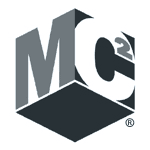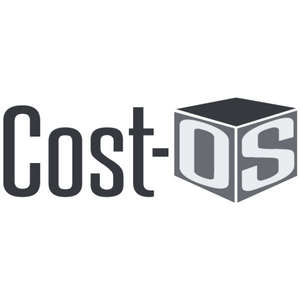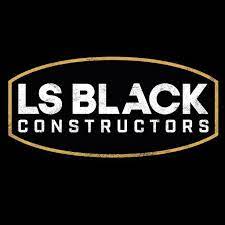Compiling a Cost History Initiative for Estimating
This article was written by Greg O'Bryan, Preconstruction Manager at The Beck Group, and published in the July/August 2018 edition of DCD Magazine.
Construction estimating is a balance of art and science. When construction firms engage in the very beginning of a project, the scale seems to tip more toward the art component than the science. However, since project schedules and design fees have less room than ever for course corrections, the necessity of well-informed cost certainty at these early stages requires a scientific approach. These early efforts depend upon project cost history or robust cost models (or even both).
From my own experience and from others I've spoken to, curating reliable project cost history to use for conceptual estimating is a big task. As a company moves to start or improve upon a cost history initiative, there are five recommended steps to follow.
1) Determine how your company will use the data and the scope of effort.
The first thing to determine is the end goal of the information - how and when it will be used, by whom, and with what level of detail. This will inform many of your decisions as you proceed, such as the level of cost detail that will be needed, how far back in company history you will go to scrub old data, and what degree of analysis you will do on the information once you have it.
Cost history is not just about dollars. There are a multitude of other factors that a company may want to gather to help get a better picture of the job. Some of those factors include bid tracking, specific vendors and/ or subs, success rates, length of project, project team makeup, and other project aspects.
2) Spend time finding out what the company already has available.
Construction companies have millions of data points across projects and departments. They need to determine what can be queried and what pre-construction teams have already accessed. Some data may live in accounting systems, marketing CAM software, scheduling dashboards, and project management platforms. Even though the information may be siloed by various departments, it's important to know what is available.
Before you start hard keying information, determine what the company is already measuring to see if any of the desired information is readily available. Then, follow up with a wish list of what should be measured.
3) Clarify coding consistency and planning.
Since estimating is an art, every estimator has their own personal approach to performing the work. Sometimes that means estimate codes vary from one person to the next. Other times, it means the granularity of the estimate may vary from one estimate to another. Crafting a standard for the company to follow will help speed the process and conform the accuracy when generating a cost-history platform.
If you are going to use final costs, you will want to validate recent estimates and corresponding budgets in the accounting system. Compare the estimates with the budgeted costs to see if the dollars make sense, and if there is a consistent way that costs move from one phase in the project to the next. Also, check to see how changes during construction are handled cost wise. This will provide a starting point for reviewing the cost history and may also illuminate gaps in the process, so those areas can be addressed on current and future projects.
4) Make it easy and don't bite off too much.
Develop systems to automate the data gathering process and reduce the "leg work" for this initiative. Automated processes will reduce the work required to sort through and assemble the various data from projects, as well as departments. Whatever makes the effort easier, do it. Once there are automated processes in place to help sort through the data, start pulling data from prior projects.
Gathering and maintaining good historical costs depends not only on the preconstruction department, but also the subcontractor partners and construction project teams. The easier you can make this process work for them, the more successful it will be.
5) Assuming you aren't a data scientist, ask for help.
Reach out to the departments that own the data you'll need to query. From my efforts, I've worked with accounting, IT database managers, and other members on the pre-construction team. Their insights and input on how the company collects and stores data and why information is collected will help drive the cost history initiative among other departments.
Additionally, work with your estimating vendor to discuss how you want to see cost history in your estimating platform. I've been able to pick the brains of Beck Technology's team as I've gone through this process to better understand how to sort information and get the data I need from DESTINI Estimator. Currently, metrics can be standardized via templates to track project data unique to a specific building type, such as number of keys for hospitality, number of cars for a garage, etc. This type of data reporting helps to automate the cost history process.
Crafting a cost history initiative requires effort and input from several individuals. The best people responsible for this initiative are the people who see the value in it. For some companies, pre-construction may be the department in charge of collecting cost history data, and with other companies it may be the operations team or marketing.
Regardless of who is tasked with driving the cost history initiative, they must see the value in it, and know how much of an impact it will have on the future of the company. These people need to have the vision and determination to see that it gets done, and done well.














